
Scripture:
Prelude:
3 years Birthday at San Paulo
When we arrived in Sao Paulo, Brazil, we immediately entered the apartment Dr. Evandoro Olivera had prepared. It was an old building, but it had a large enough living room and three bedrooms which were more than enough for us.
The first and most impressive thing was that Dr. Yamashita (a third generation Japanese Brazilian) had already prepared diapers, shampoo, soap, toilet paper, and other necessities for our immediate needs.
Dr. and Mrs. Yamashita were taciturn people, but they showed deep concern and a caring heart for our family from time to time.
There was a huge hospital in the area called Beneficencia Portogheza where Michio worked.
We were happy to know the area named "Paraíso" which means heaven.
Hospital Beneficência Portuguesa
At the corner of the street two minutes from the apartment, there was a coffee shop that opened at 5 in the morning with many kinds of fruit juices, Brazilian coffee, and soft bread.
I was so impressed that Brazilians started work very early in the morning.
The Brazilian coffee was a very dark color and very strong, and it already had a lot of sugar in it, which later convinced me that “This is good for waking up!” A glass cup was smaller than a regular cappuccino, and it was chic to drink it all in one gulp.
I did have a concern about moving to Brazil. A young Brazilian neurosurgeon who came to Switzerland for an academic conference warned me about Brazil. He told us that we had to be careful when we walked outside because there might be bullets coming from anywhere.
Downtown San Paulo
He may have meant it as a joke, but I was too scared to tell my husband.
It was a 10-minute walk each way to take the children to and from the local kindergarten, and I had to look around to make sure.
Some Japanese people take a cab instead of a bus because they think getting on a bus is dangerous.
But I didn't want to get nervous every day.
I tried to confirm whether it was dangerous or not on the local bus.
I was so happy to see a bright red double-decker bus, like the ones in London, that I went up to the second floor and immediately lost my footing.
I had no idea that I had a latent fear of heights.
After trying the bus for a month, I thought there seemed to be no danger, and I thought it was just a rumor.
However, I had no way of knowing that six months later, robbers with pistols would brake into a church service.
Wherever we moved, we decided to look for a church first. In Paraiso, there was a "Liberdade Holiness Japanese Church" in a place called Liberdade.
We attended a service there. The building was a small church. There were not many Issei (first generation) like us, but there were Nisei, Sansei, and Nikkei, and they welcomed us very much. The pastor preached a powerful message with Japanese and Portuguese interpretations, and there were always testimonies during the service, giving the impression of a lively church.
In Japan, I was sometimes frustrated because I had to worship with infants and children in a separate room from the chapel. However, at this church, the Sunday school principal and other young students took on infants and children in Sunday school. Words cannot express how blessed and grateful we were to be able to worship together in a focused way for the first time in a long time since the birth of our children.
Pastor Ignacio was also the president of a construction company and was very active in society. He was too busy to have time to take care of the members.
Rev. and Mrs. Yamazaki provided the mission instead of Pastor Ignacio.
Even though they were old, they had a strong faith, and they opened their home for a message and prayer meeting every Wednesday.
I attended as much as I could and received many blessings.
The church had a strong spirit and there was no distinction between regulars and newcomers. They respected any suggestions, considered them, and incorporated them into the church.
We suggested that we start a cell prayer meeting, and soon evening prayer meetings began in eight locations, divided into small regional groups. I also joined the women's choir and was excited.
A year later, we started a "visitation group" for elderly people who wanted to come to church or who had been estranged from the church for some reason. We heard that a young man who was a member of our church had just lost his job, so the church paid him a salary and asked him to drive a van to visit with the ladies.
On the other hand, every other Sunday, young people from the Holy Spirit came to our living room for prayer meetings and fellowship, and we were very encouraged in our faith by their praise and testimonies.
On the first Sunday of every month, we had a potluck lunch, which was a time of great joy and fellowship, and the Japanese food prepared by ladies over 70 years old were exceptionally delicious. I never thought I'd be able to come to Brazil and eat Japanese food!
I recognized that the hard work of Japanese immigrants in Brazil have been well worth it, and their children are well educated and socially respected.
My husband was able to perform many brain surgeries under the protection of a group of Brazilian doctors, which he would never have been allowed to do in Japan. He also started lectures and testimony meetings on "brain diseases" hosted by various churches.
There were enough people who came to hear the lecture because they could not distinguish between neurosurgery and psychiatry, so we collaborated with a psychiatrist and gave each lecture which was very much appreciated.
Whenever we were in a foreign country, we learned the local language first. Brazil is Portuguese. I found out that there was a "language institute for missionaries" nearby during the morning hours when our sons were away in kindergarten, so I went every day except weekends.
It was an intensive course from 9:00 am to 12:00. The instructors were very good at teaching, and there was a 15-minute worship service after class.
After six months of the course, I could keep up with daily life.
My sons immediately started in a Catholic kindergarten, and they adapted very well. There was only one problem. Our third son, Norimichi was bitten on the cheek twice by the same girl. I did not know how it happened, but the second time I could not take it anymore and called the secretary of my husband's office to protest. Sure, his cheeks looked plump and delicious. But they were also awful!
Missionary family(Rev. Oomae) from Japan
The children gradually forgot Swiss-German, and then it was Japanese only until they got used to the new language. They became friends with the Japanese children in the trading company.
On Saturdays, there was a morning market called Feira that has many kinds of tropical fruits and fresh vegetables that I had never seen before, and it was truly a tropical atmosphere.
We could find yellowtail sashimi sometimes.
Its taste was so good with plenty of fat on it.
There is a popular restaurant called Churrasco.
At the Kitchen of Chrrascaria
Boys bring us various parts of meat and cut the ones we like into thin slices.
Each meat was tender and had good taste.
The gentleman of the trading company was in the third stage in Shorinji Kempo, and Michio had also earned his first stage.
Whenever we had a party, the most exciting event was to show the two of them marshal fighting.
Michio played the role of the winner all the time because the karma of the loser is much more difficult.
Our sons were proud of their dad because he always won.
I have an episode.
I used to go to the store to buy bread in the morning at around 6:00 a.m.
One day a woman had trouble communicating with the person at the counter at the store. She was Asian.
I asked her if she was from Japan, but she was from Korea.
She was an immigrant, but she did not understand Portuguese.
Mrs. Lee was living nearby ours. She invited me for lunch sometimes.
She was a good cook.
I heard that Mrs. Lee’s son had suddenly lost consciousness.
He was admitted to the hospital where Michio had been working.
He was diagnosed with subarachnoid hemorrhage. Dr. Evandoro, the chief professor, and my husband performed surgery on him and was successful. However, Mrs. Lee came to us and said that she and her son could not afford to pay the cost because they did not have universal health insurance like in Japan. Michio told the hospital about the situation and asked to let them help. Finally, they got a big discount from the hospital.
I was amazed by the generosity of the Brazilian people and was very grateful.
(To be continued)
Postlude:

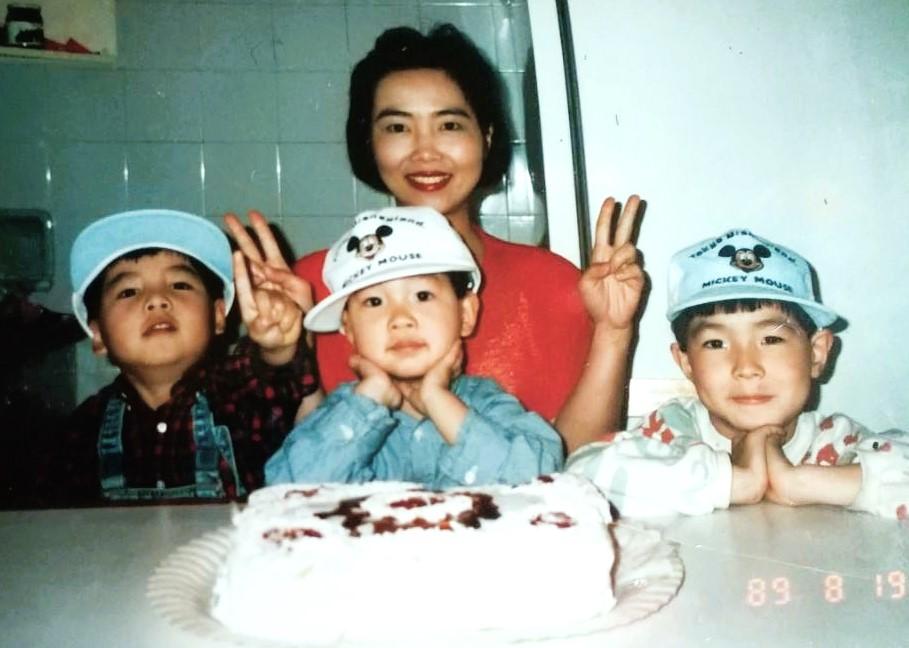
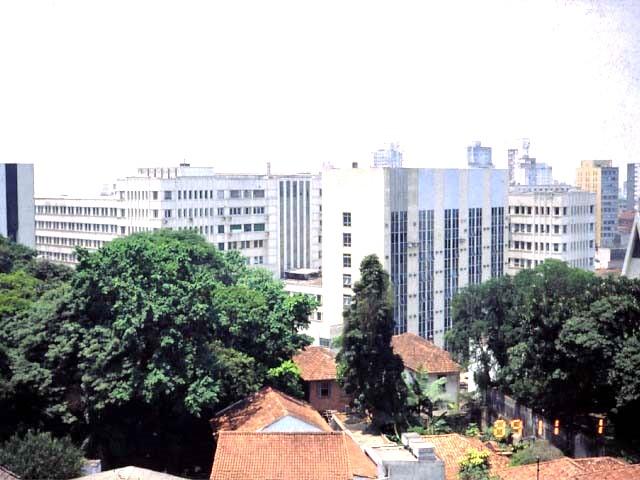
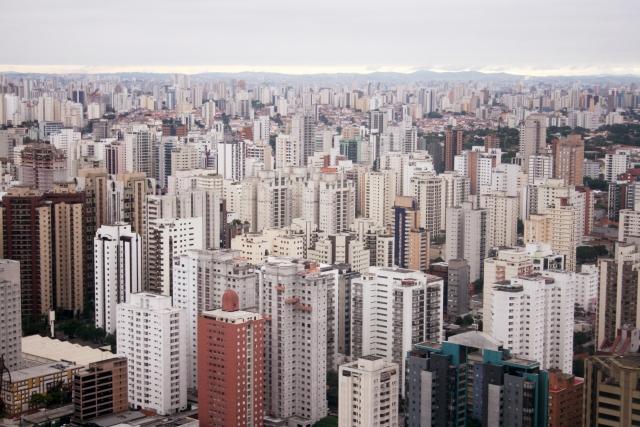

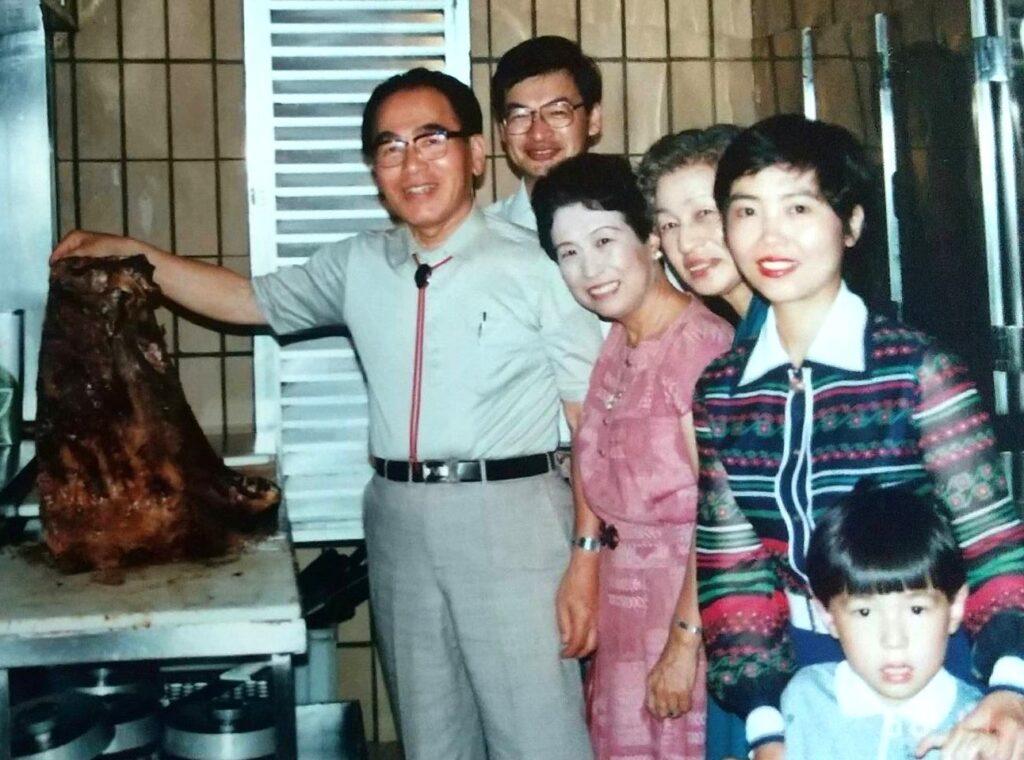
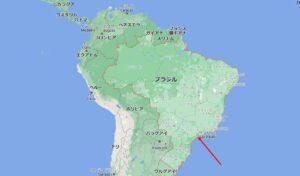

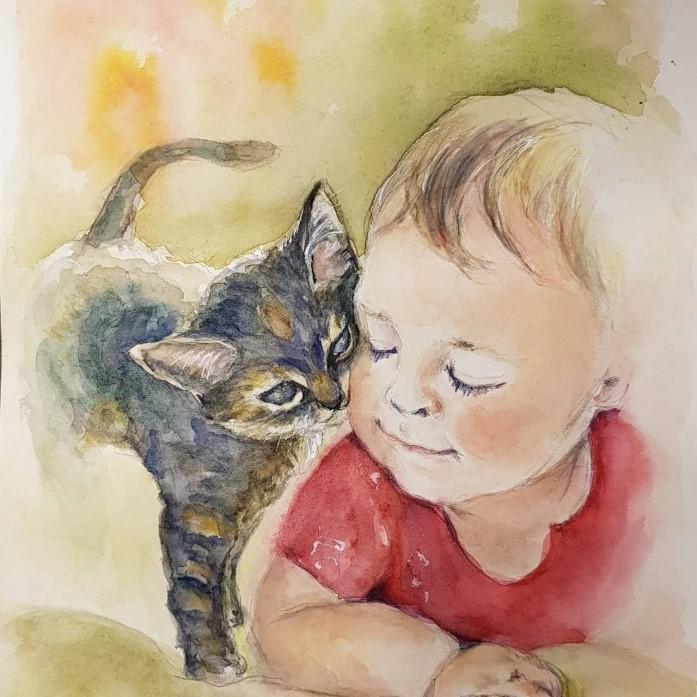

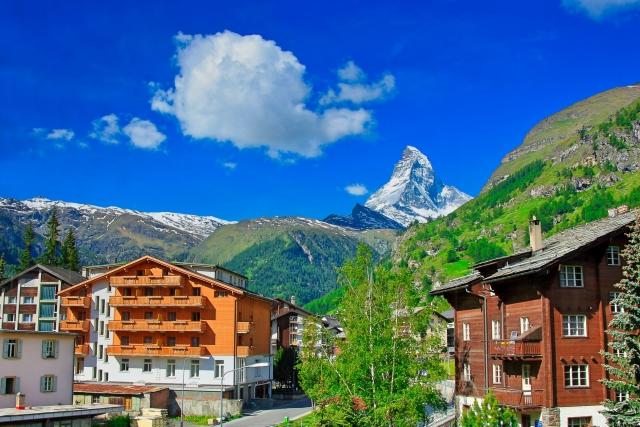

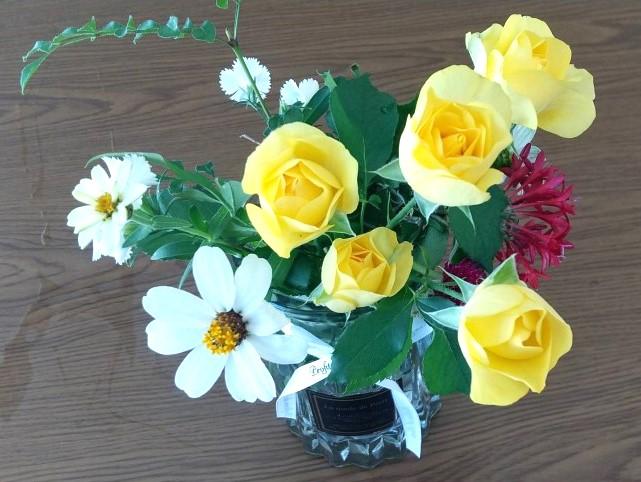
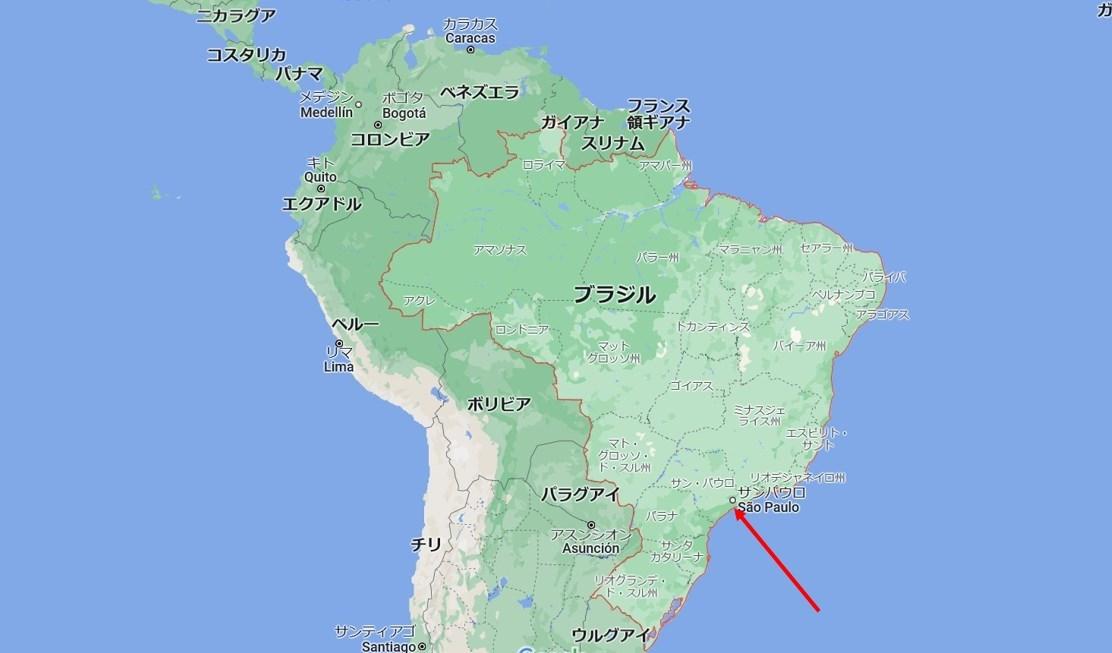
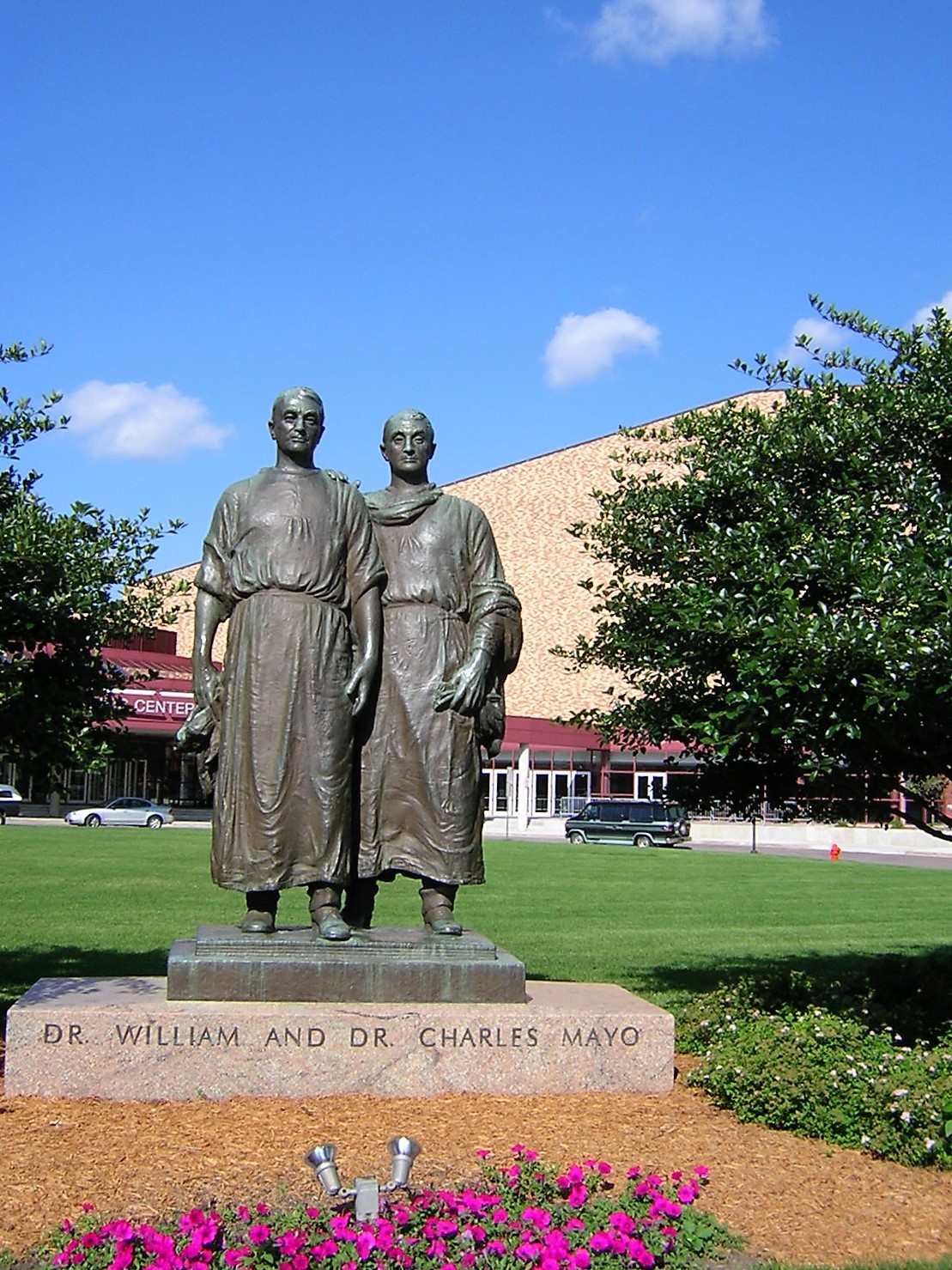
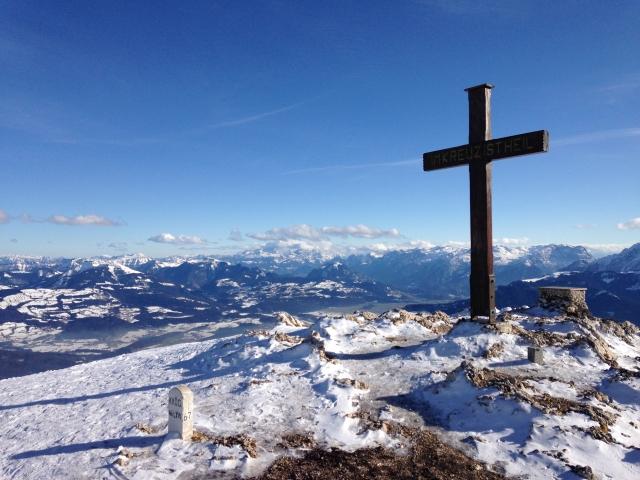

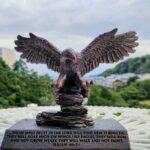








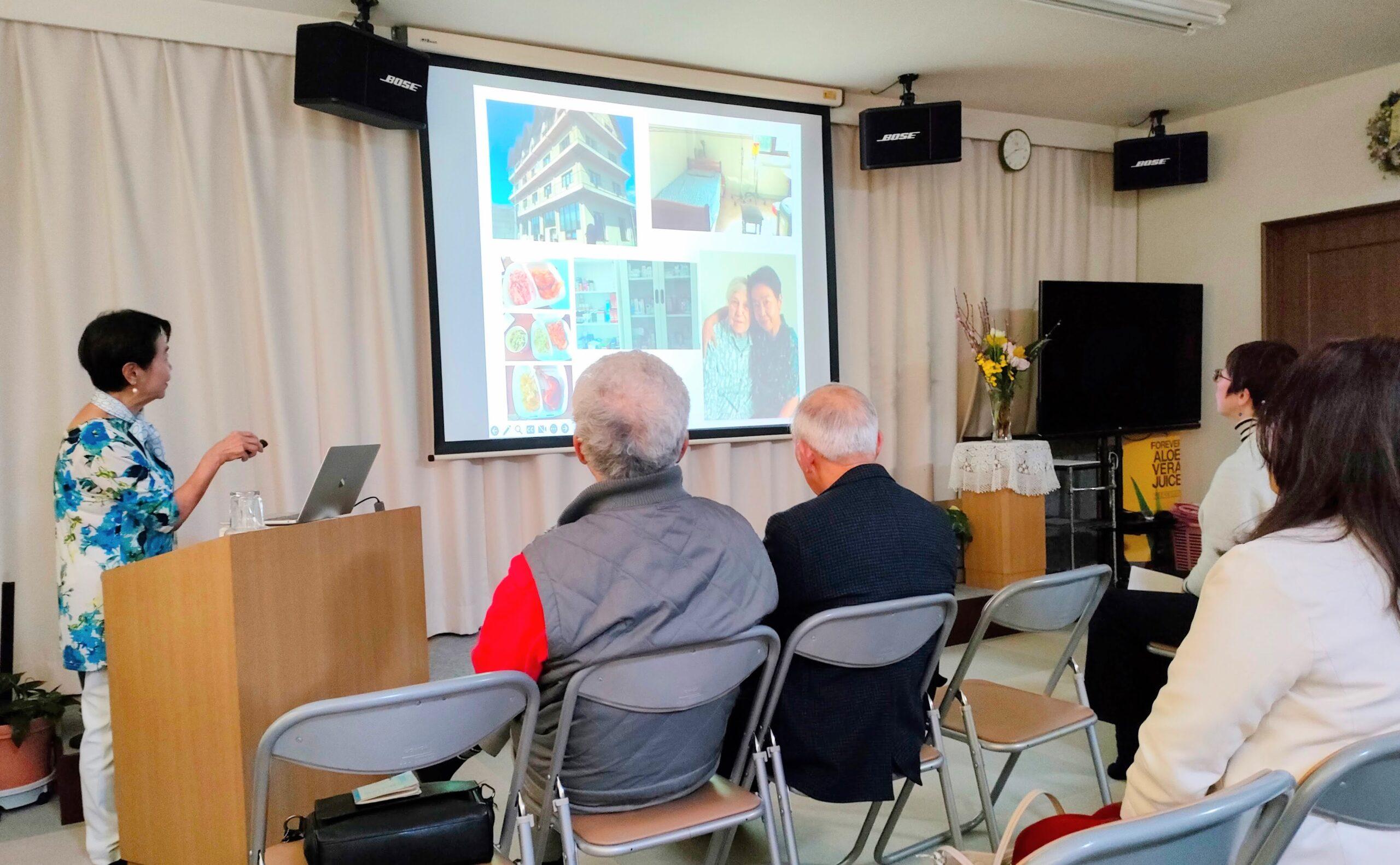

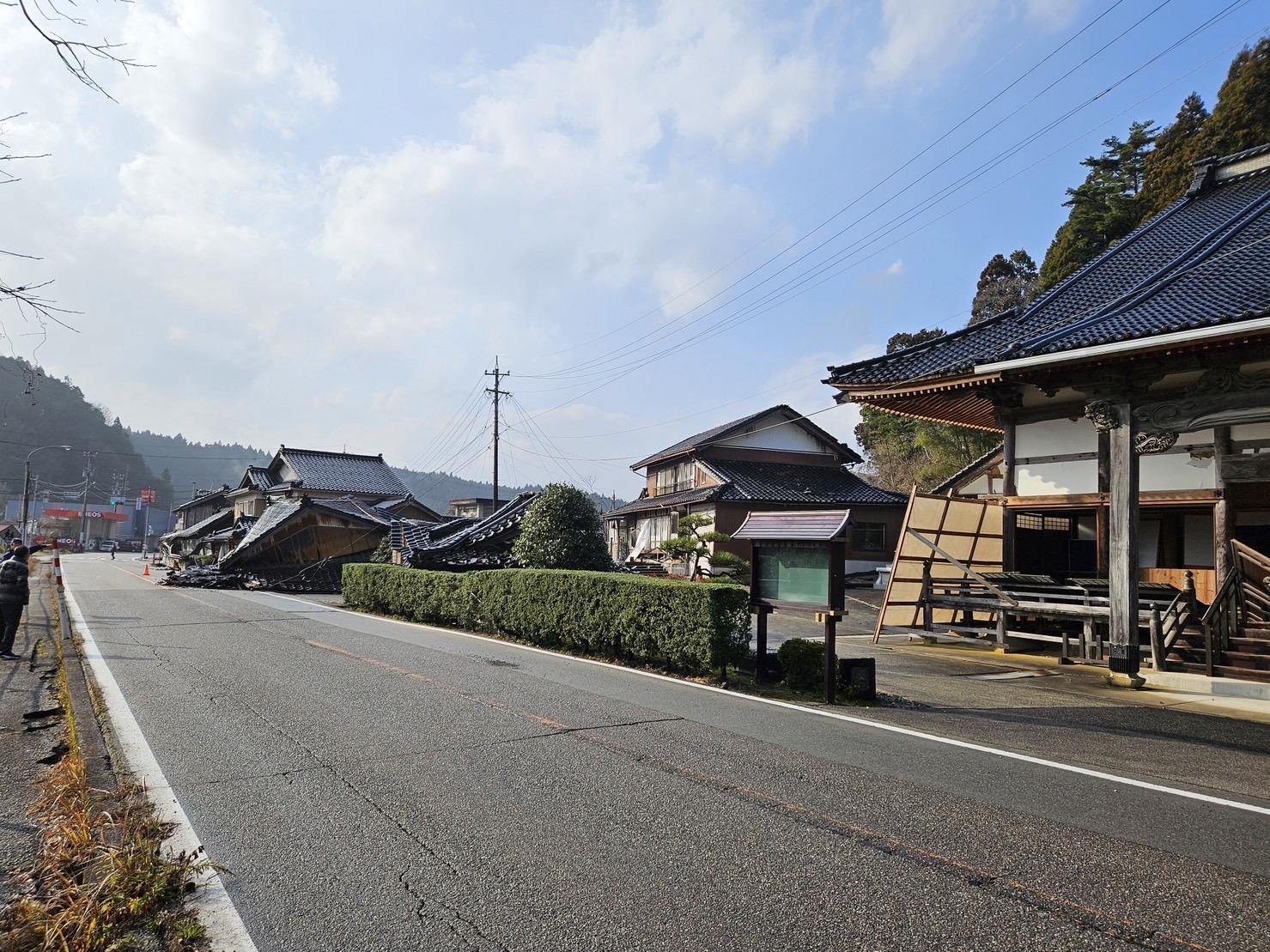
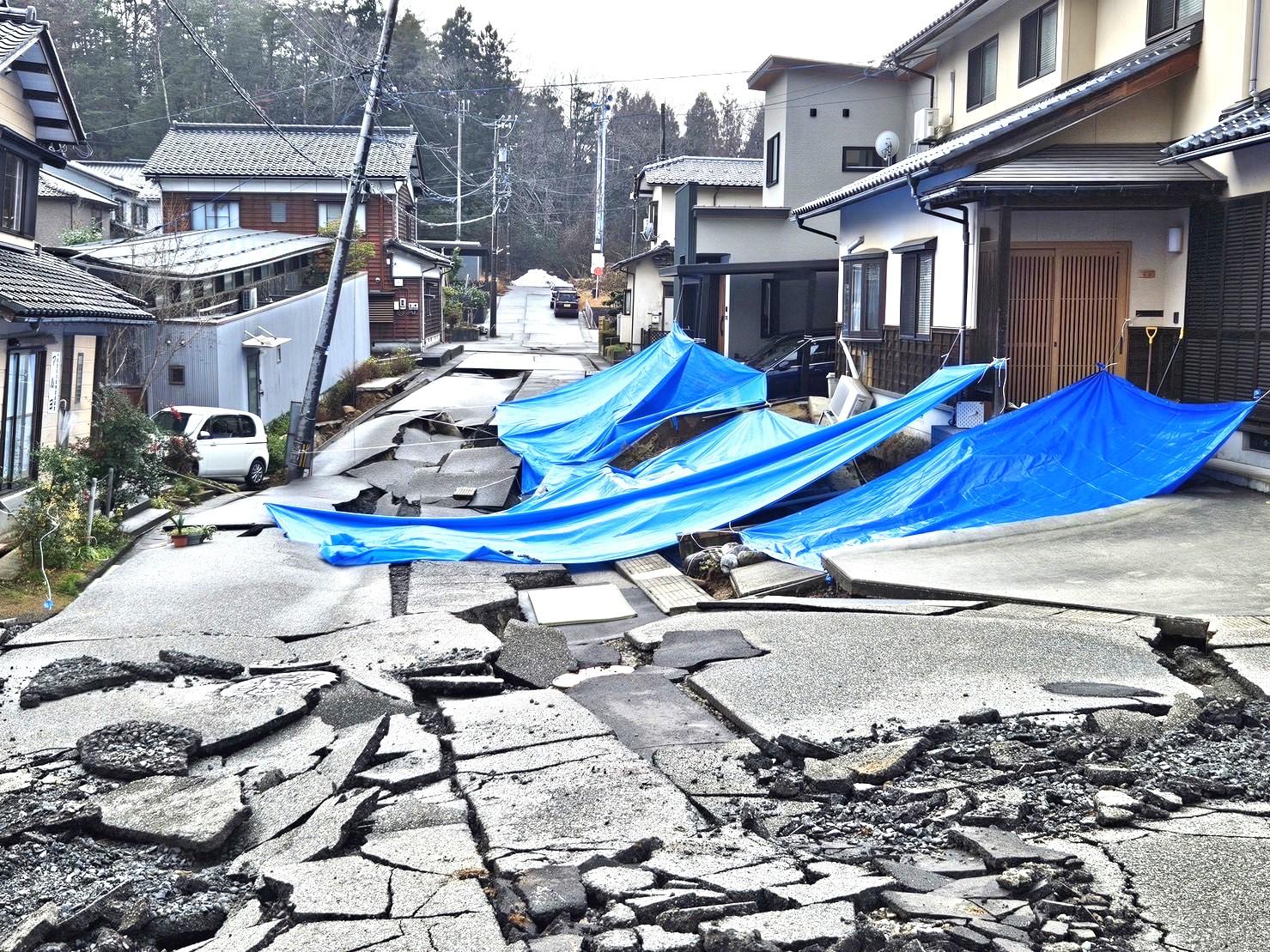
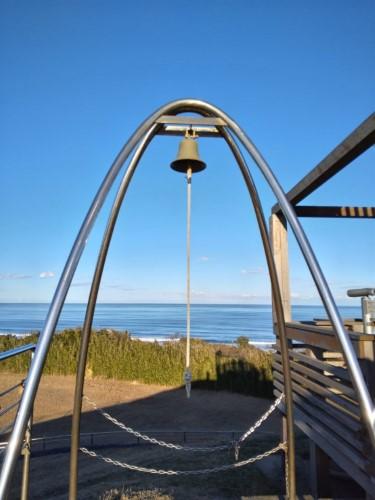

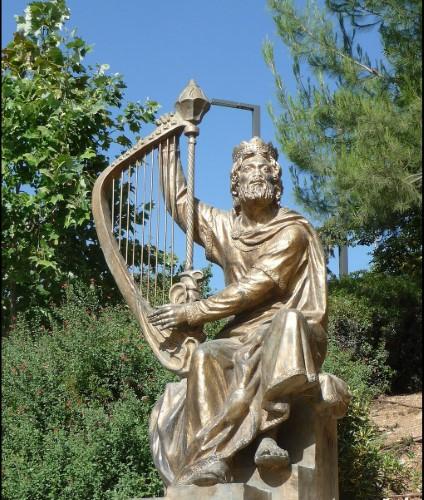
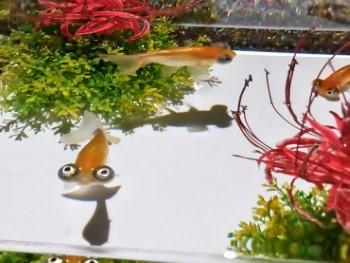

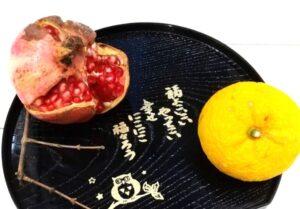

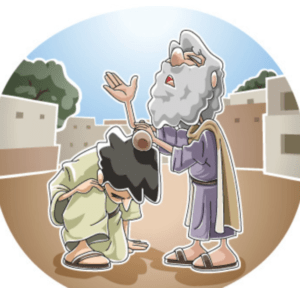
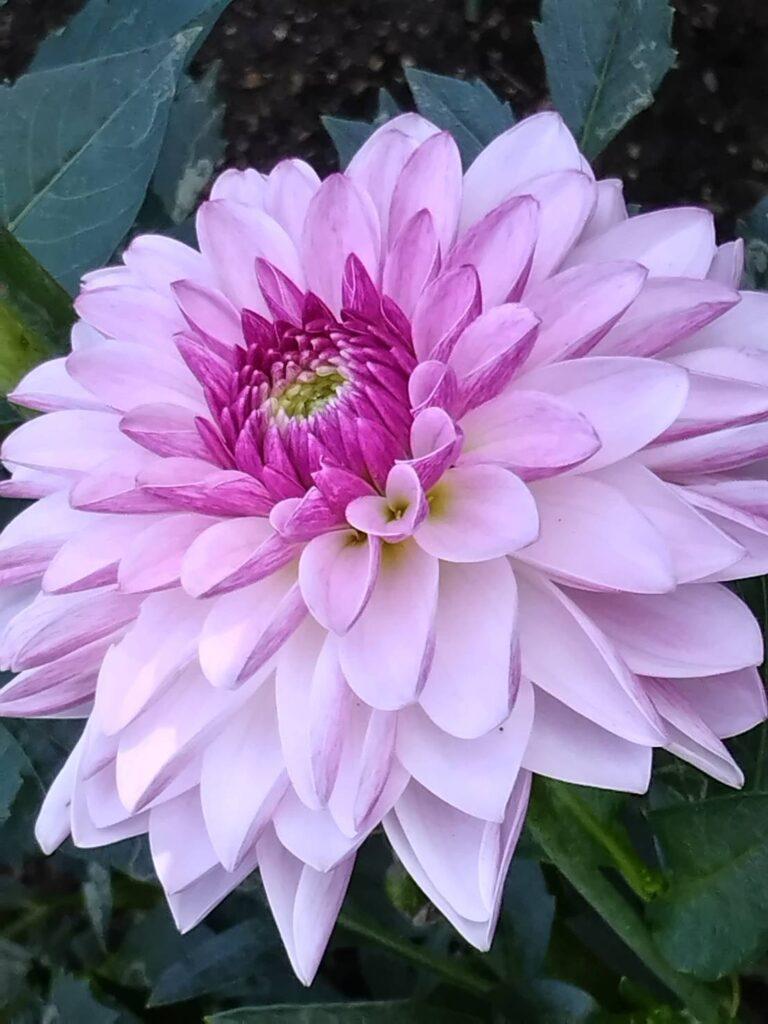
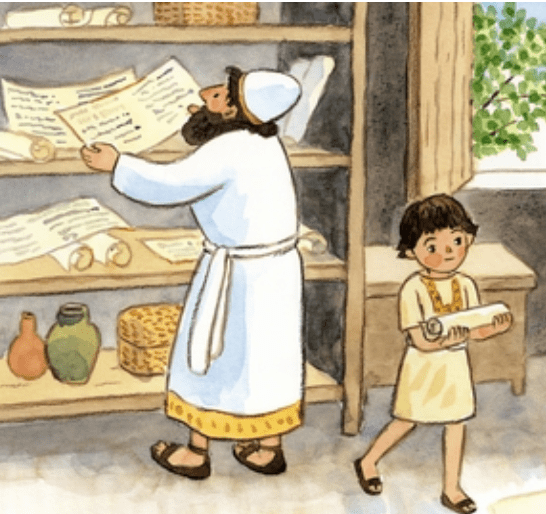
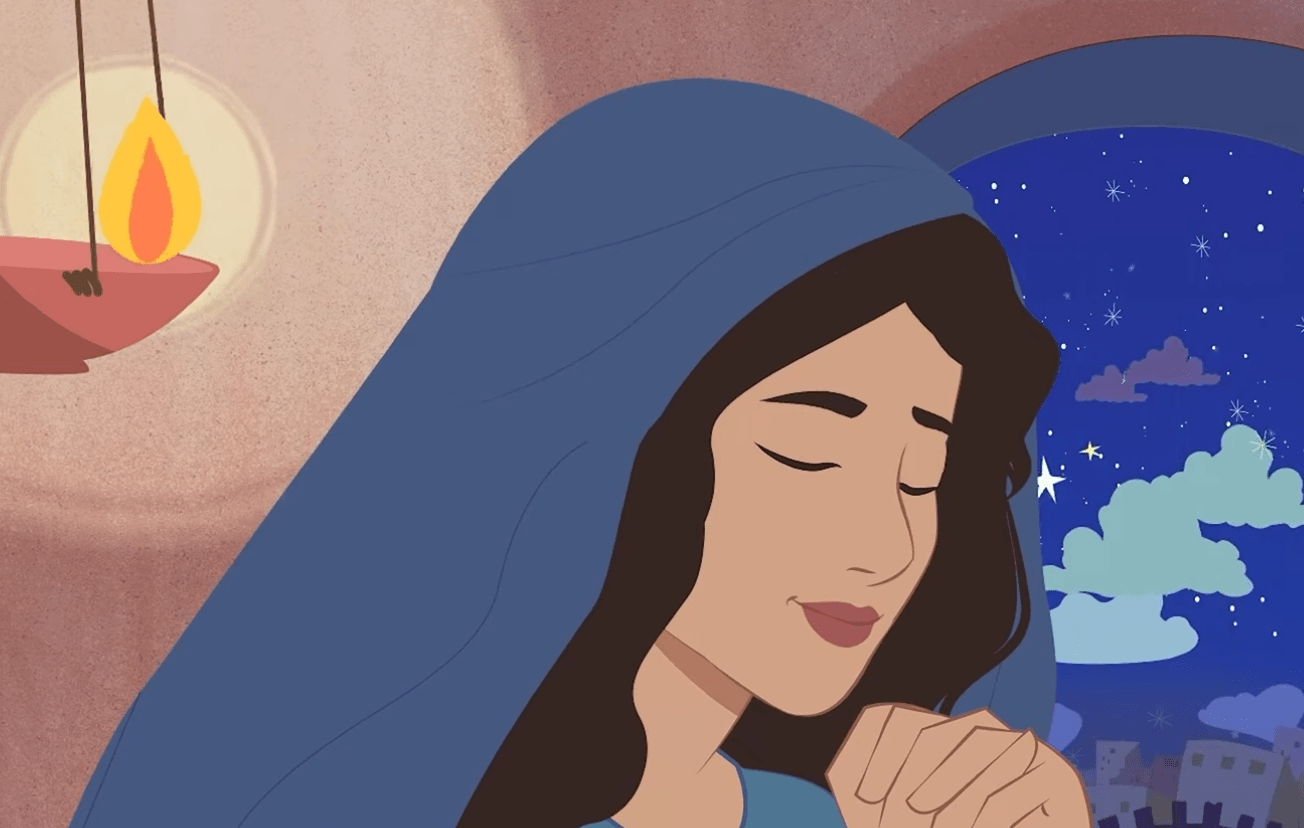
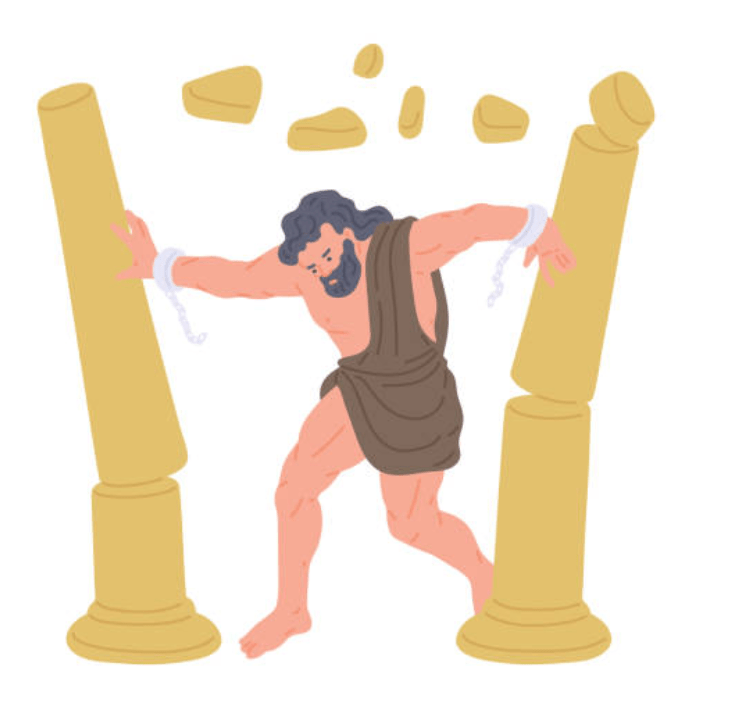
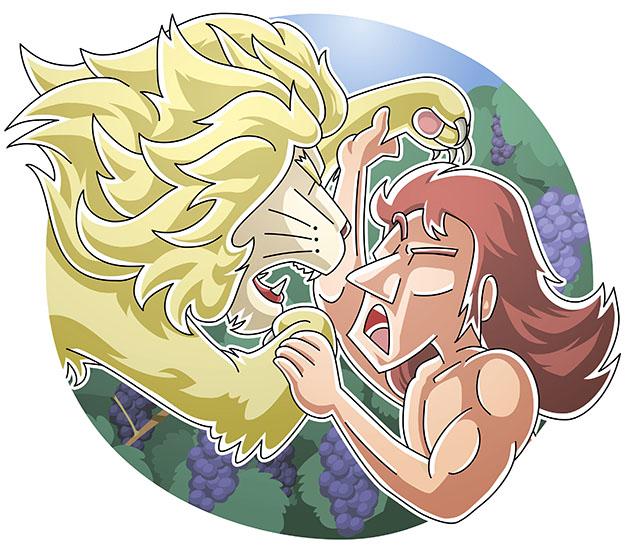
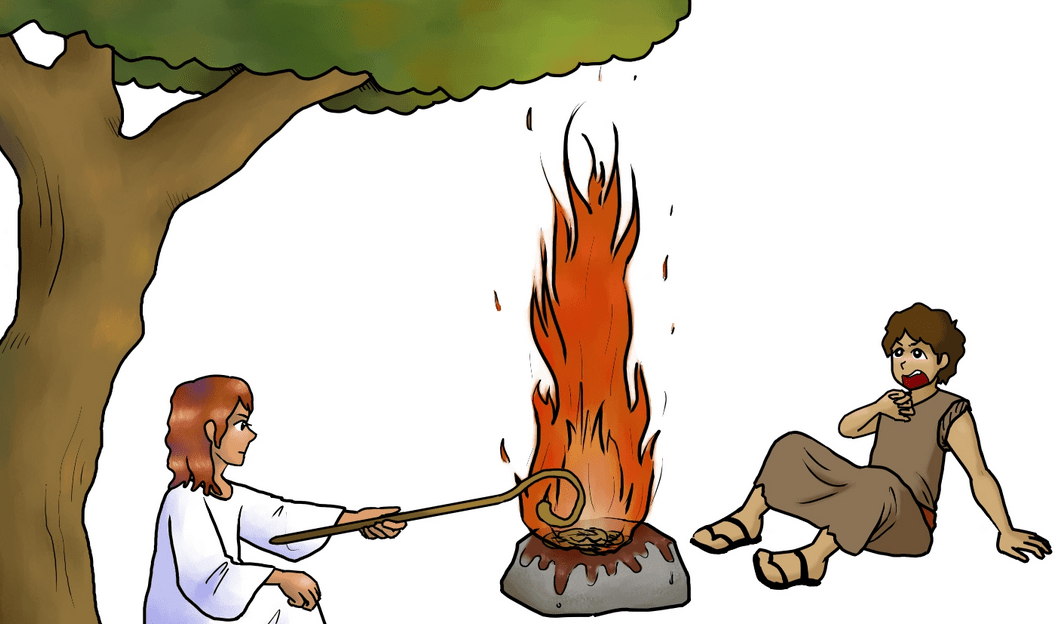
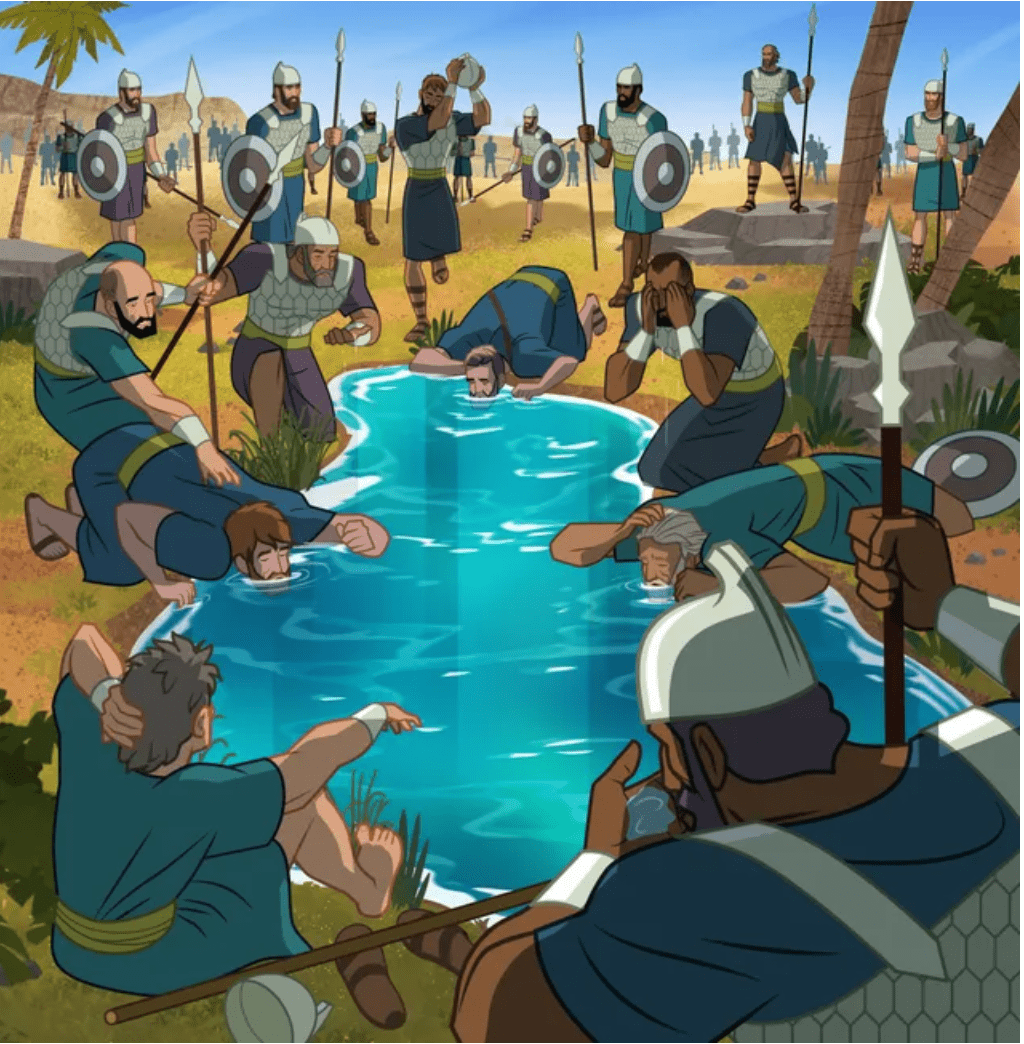
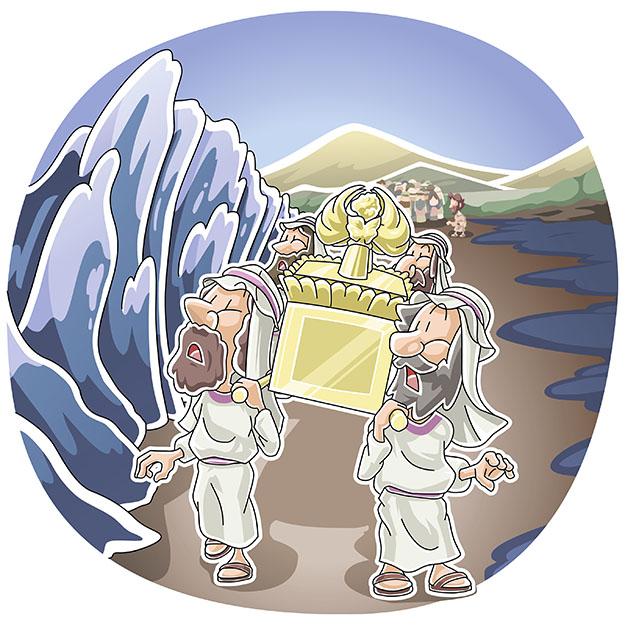
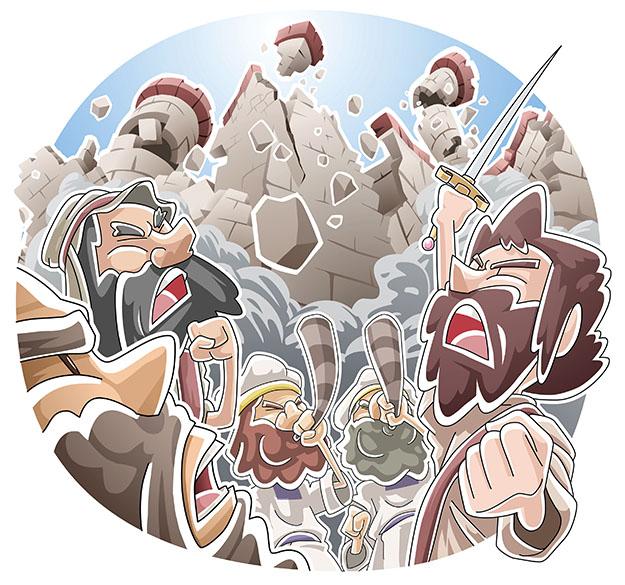
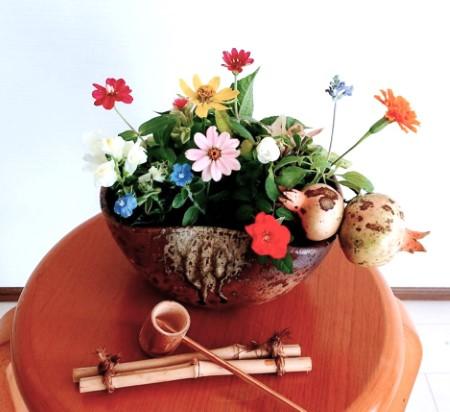
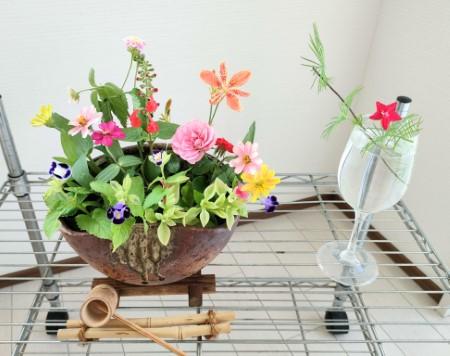


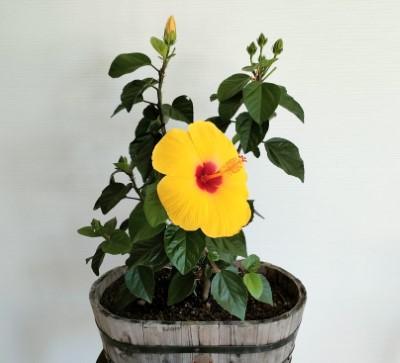
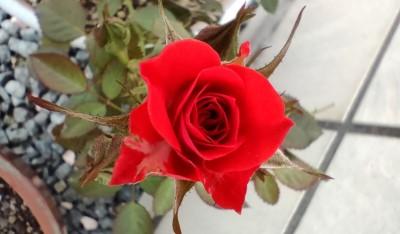
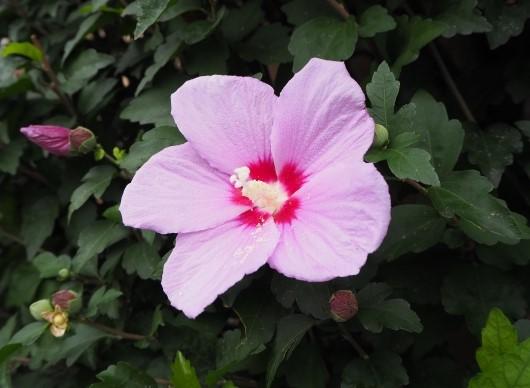

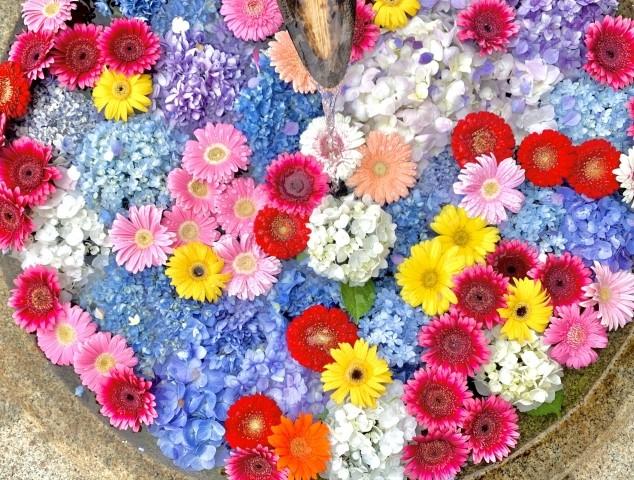
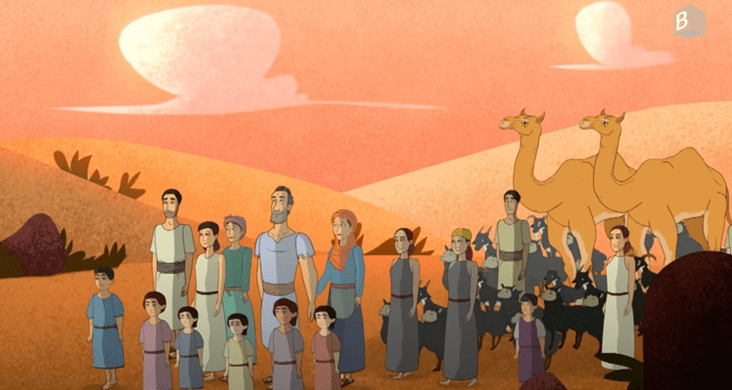
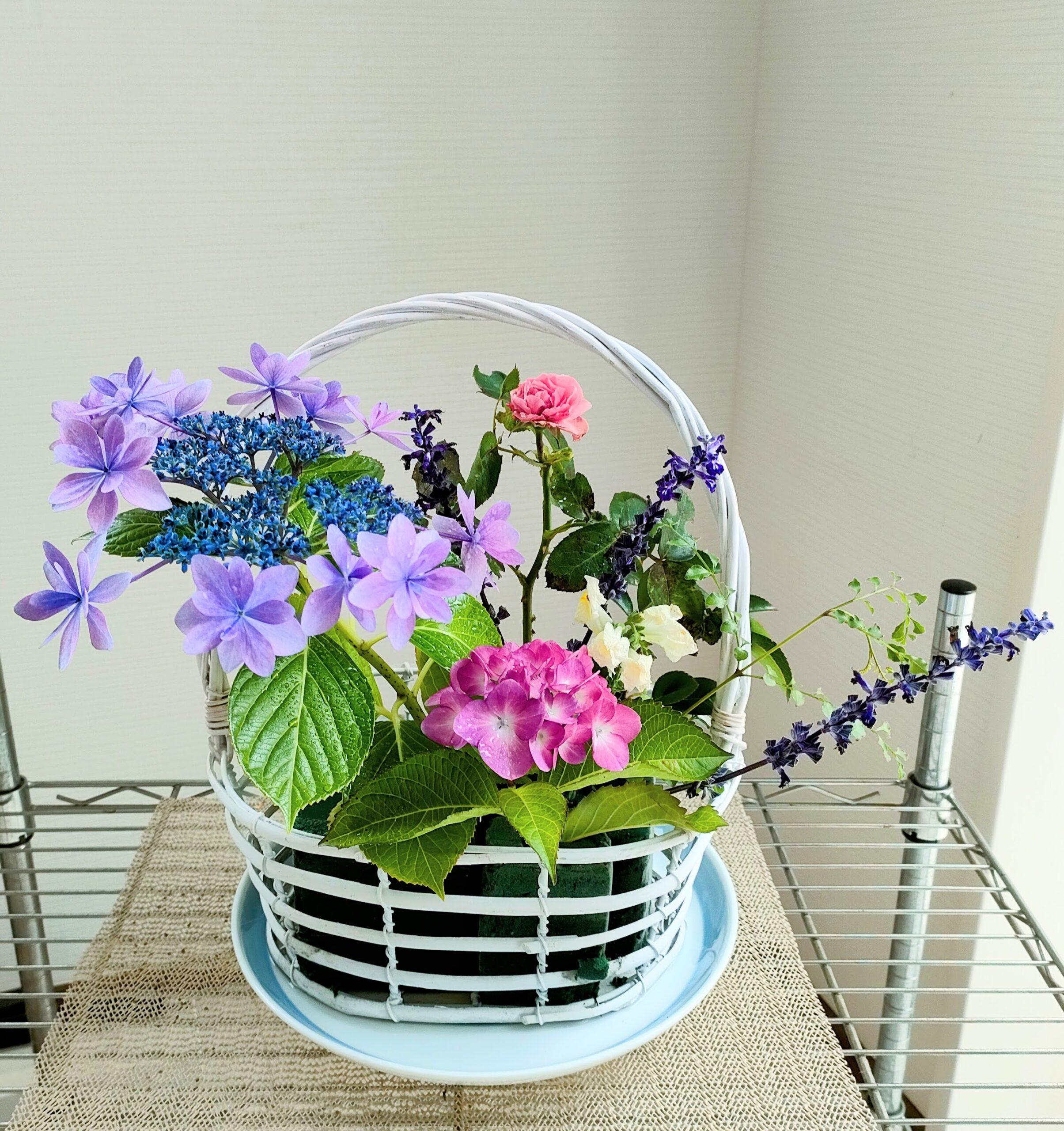

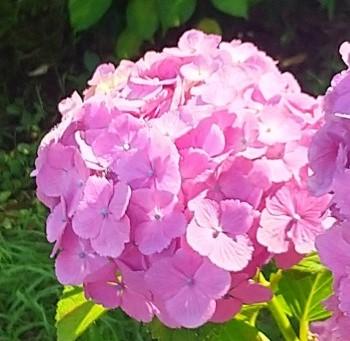

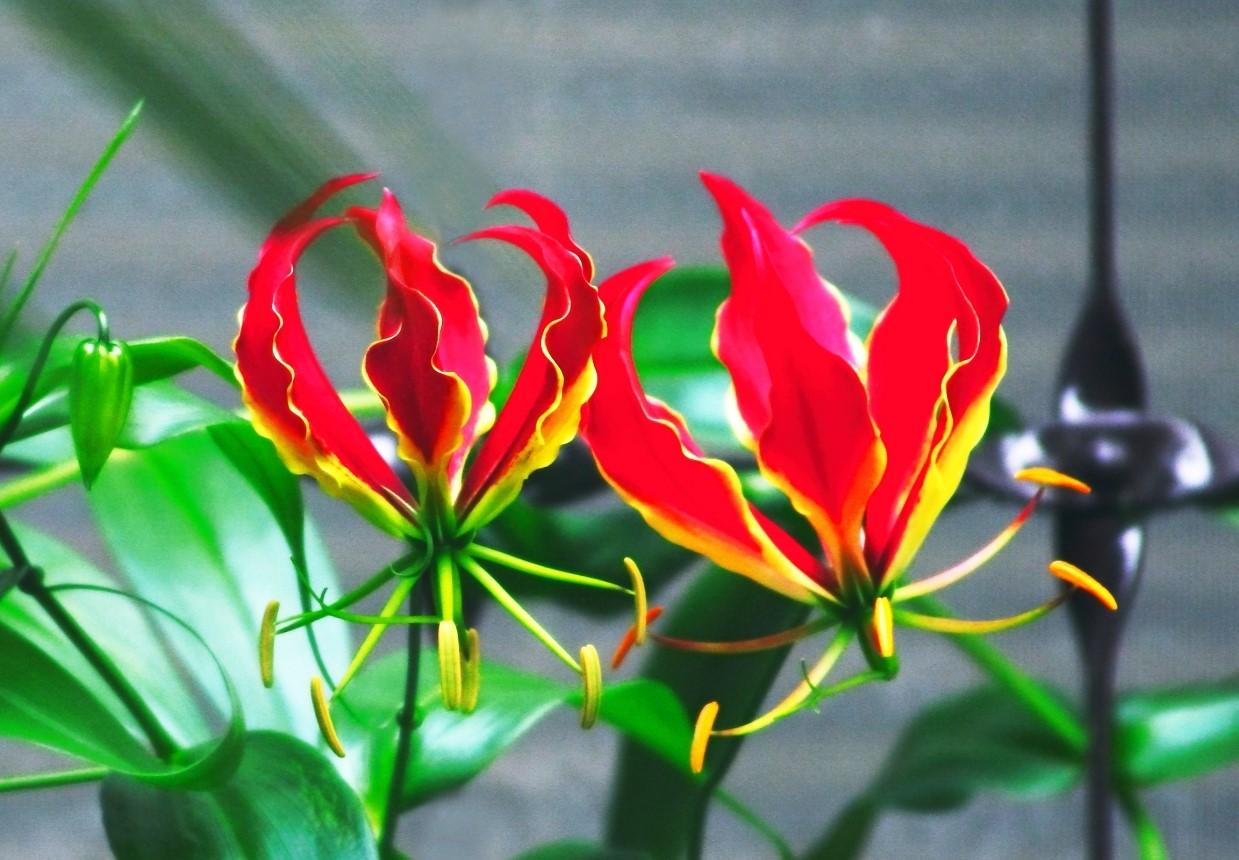
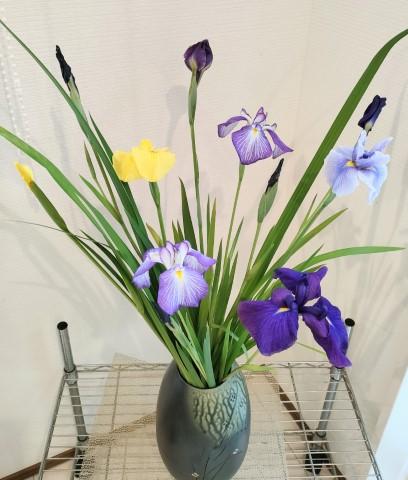
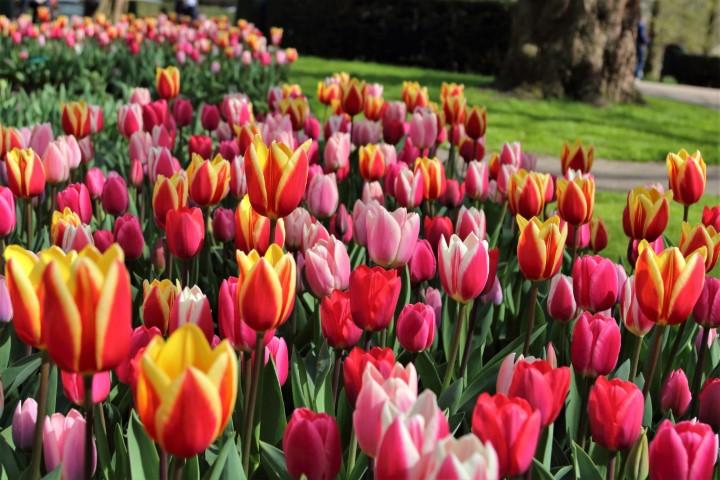

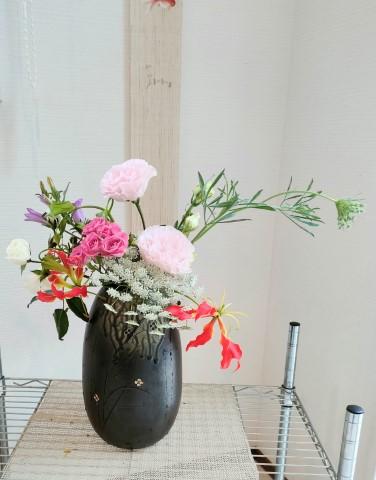





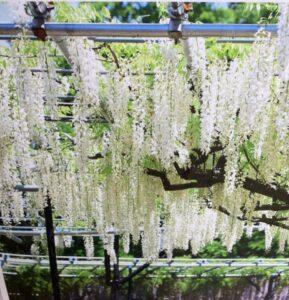
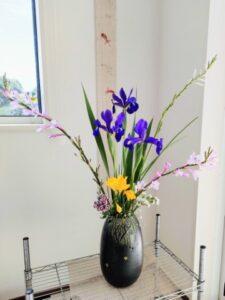

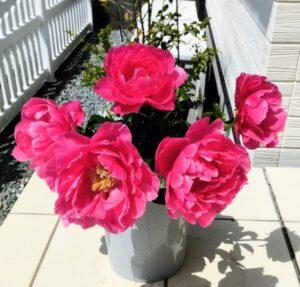
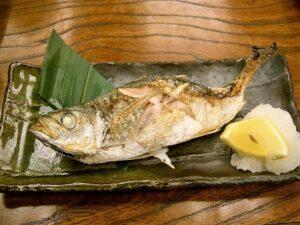
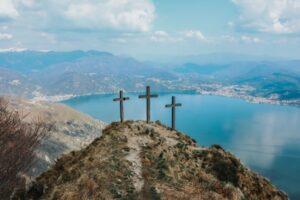
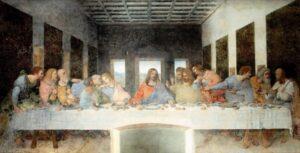
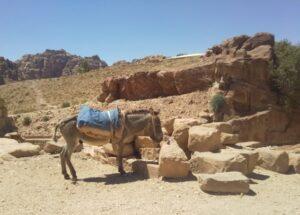



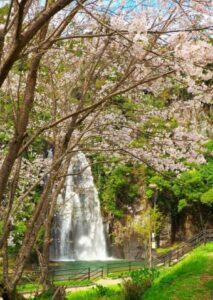
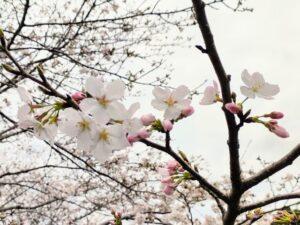


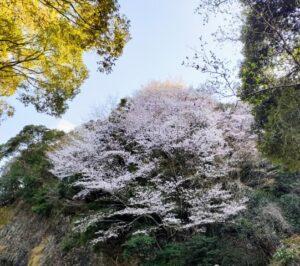


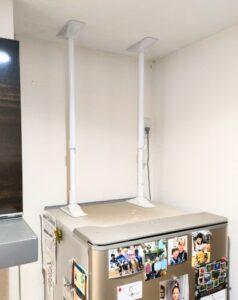
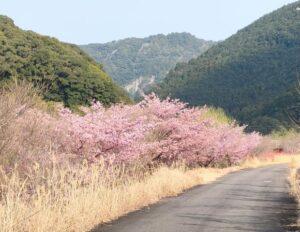

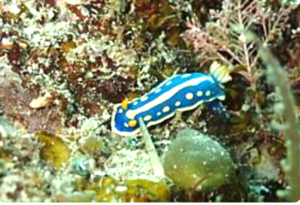

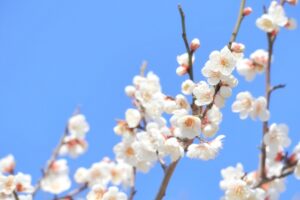
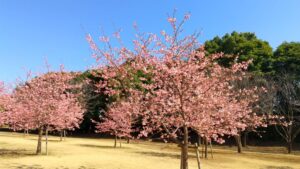


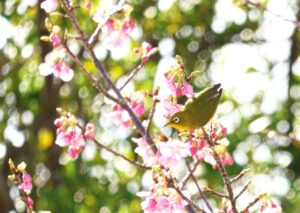

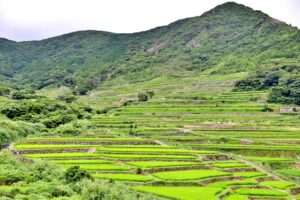

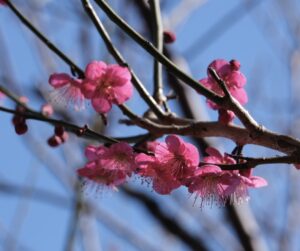
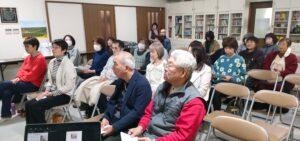
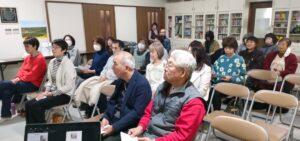
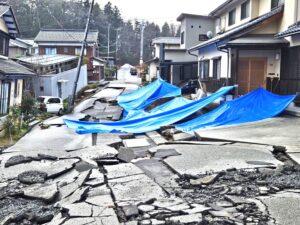
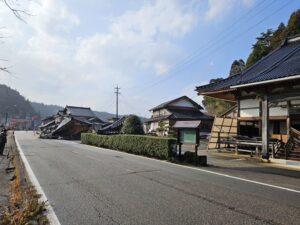
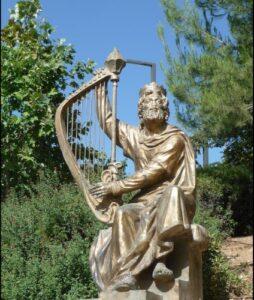

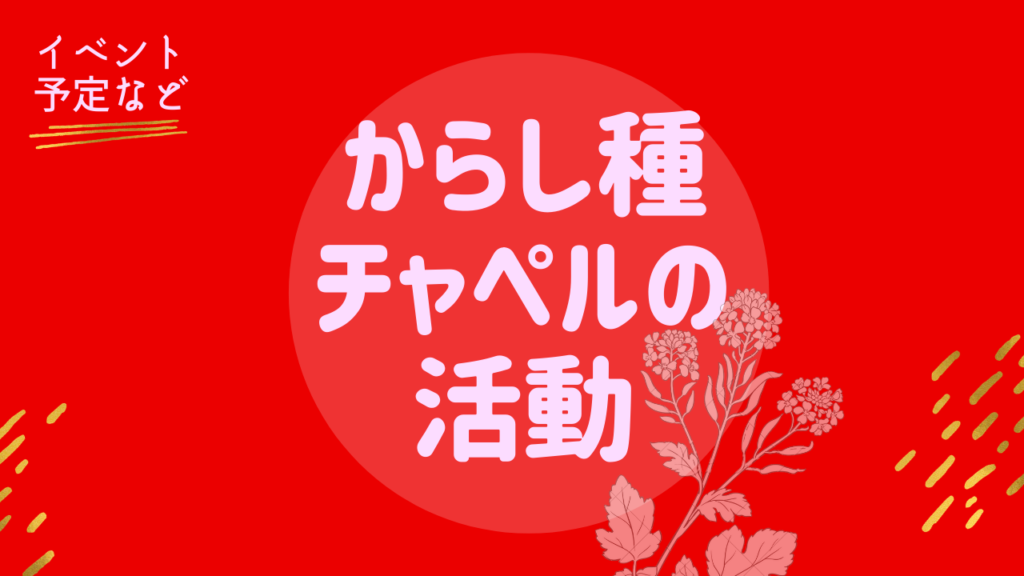 からし種チャペルの活動に関しては、ここからお入りください。皆様のご参加をお待ちしています。
からし種チャペルの活動に関しては、ここからお入りください。皆様のご参加をお待ちしています。